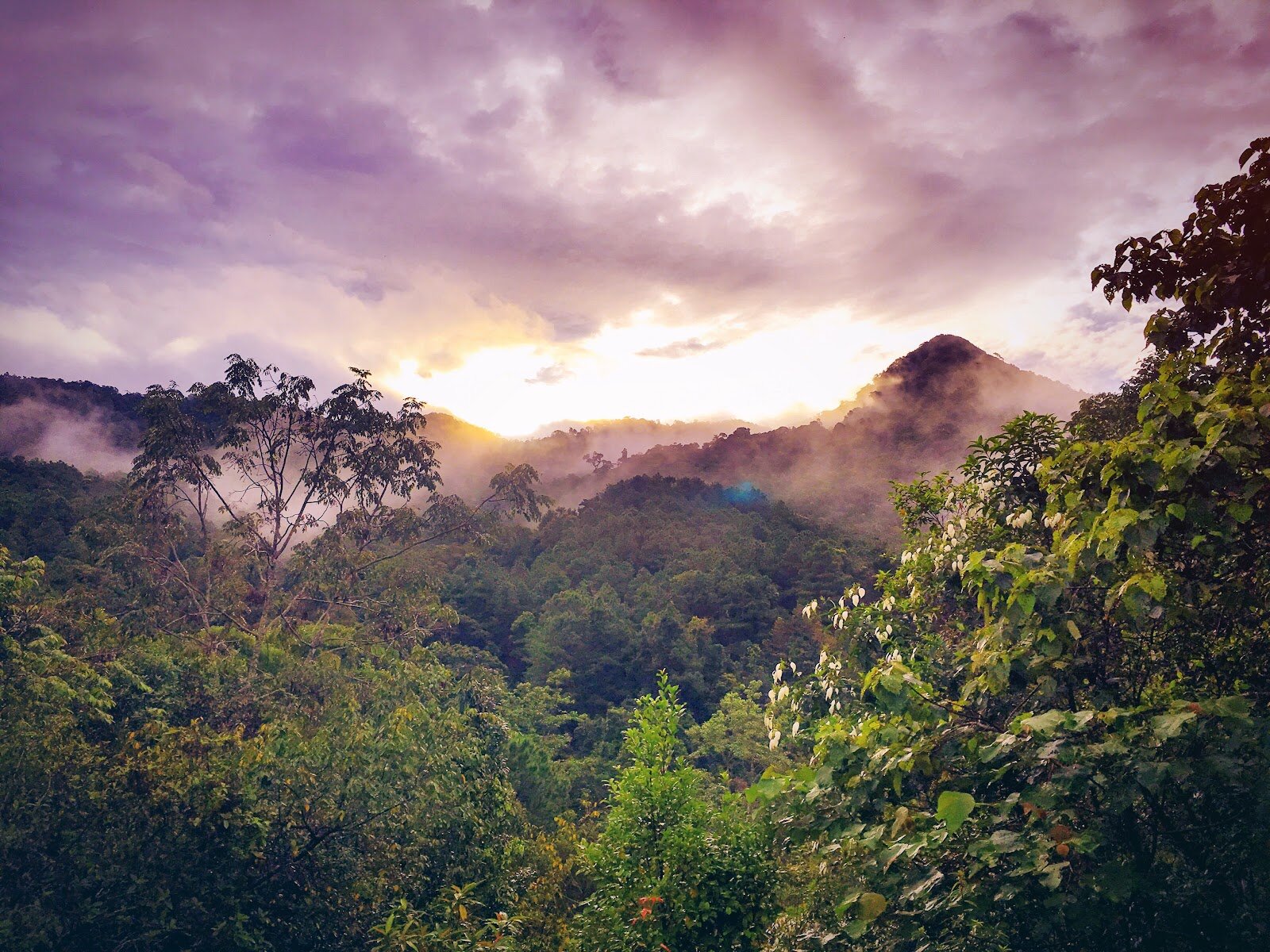
Our Projects
We are a people-oriented company. Our focus, at all times, is in developing programs around land-use, strengthening food security, clean-water security, as well as enhancing energy security.
Agriculture and Rural Development:
Empowering Small Farmers with Regenerative Agriculture and Forestry Practices
Local people in DRC rely on forests for food and energy through small-scale agriculture and charcoal production, the main energy source
92% of carbon emissions in DRC come from human activities in the land use - from forest loss driven by small-scale agriculture, charcoal, etc
Our aim is to strengthen the capacities of small rural farmers in sustainable agriculture, agroforestry, reforestation, regenerative agriculture, creation of cooperatives and linkages with national markets and international.
We work with small farmers to adopt regenerative agriculture methods, increasing crop yields, improving soil health, protecting biodiversity and sequestering carbon.
Impact: Our projects have increased farmers' income by 30% and reduced carbon emissions by 25%."
Renewable Energy and Water Resources:
Harnessing Waste-to-Energy and Solar Power for a Cleaner Future.
Develop and implement waste-to-energy and solar energy projects, reducing reliance on fossil fuels and promoting energy independence.
Over 50% of Africa’s surface water resources are in the DRC. We will implement renewable energies for water pumping and irrigation.
Our projects are designed to reduce greenhouse gas emissions by up to 50% over business as usual and create jobs for local communities
Why Sustainable Practices Matter: The Urgent Need for Climate Action.
Climate change is one of the greatest threats facing humanity. Our work seeks to address the challenges in the DRC by promoting sustainable practices that reduce emissions and support a livable future.
Did you know that:
The DRC’s annual greenhouse gas emissions were 677m tonnes of CO2 equivalent (MtCO2e) in 2018, according to the World Resources Institute (WRI).
Nearly all of these emissions – 92% in total – come from human activities in the land use, land use change
This will require the country to focus on smallholder agriculture to foster the development and adoption of best-management practices and create incentives to develop a deforestation-free food supply chain.
Get Involved
Invest in a Sustainable Future: Partner with Us to Create Lasting Impact.
Join our mission to make the transition to a more sustainable future in the DRC. We seek investors and policymakers who share our vision for a sustainable world.
Contact us to learn more about investment opportunities and policy partnerships.

